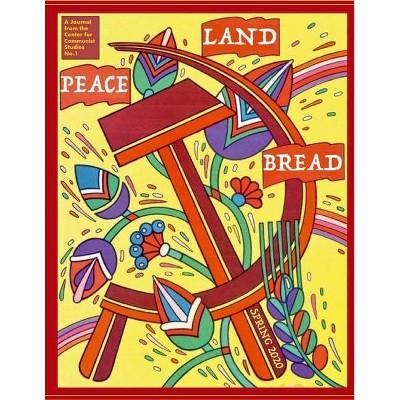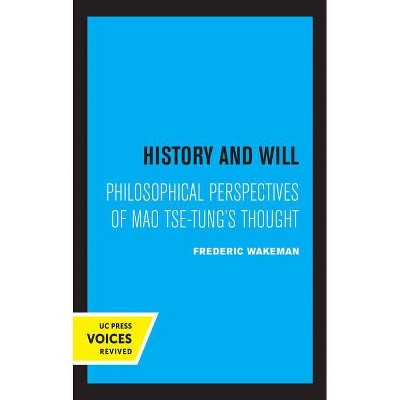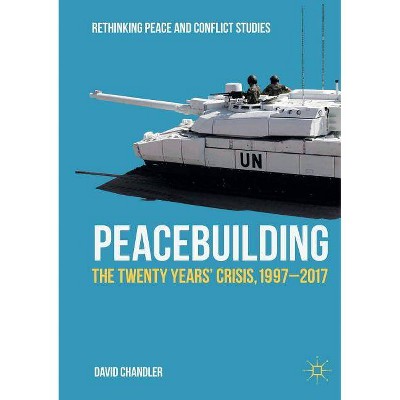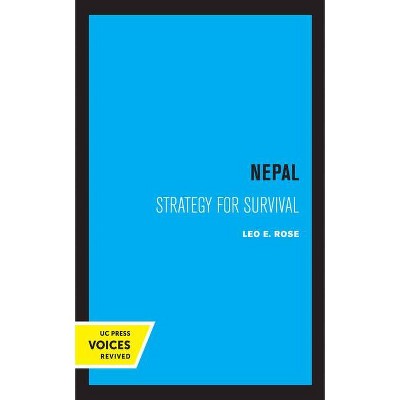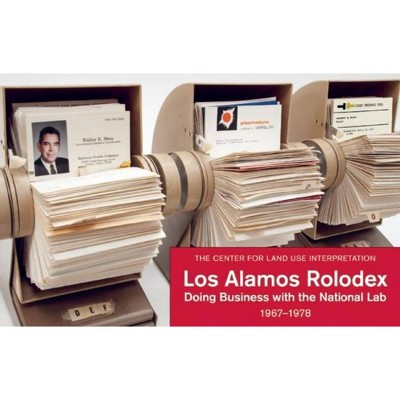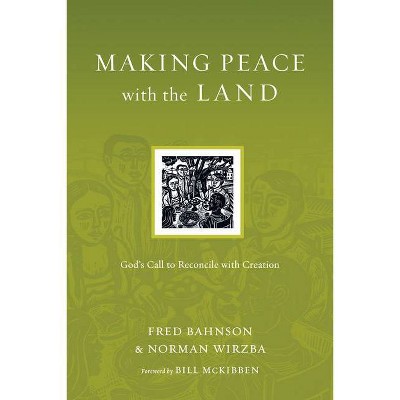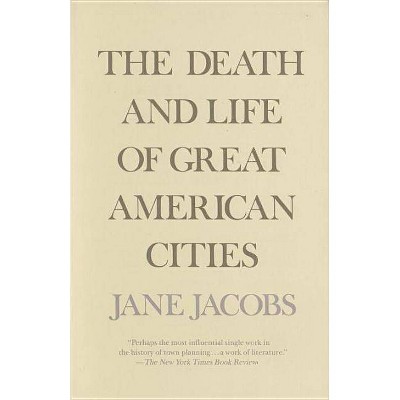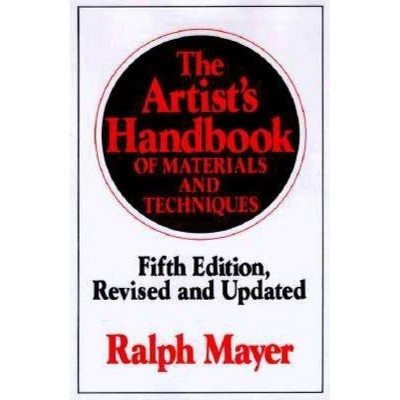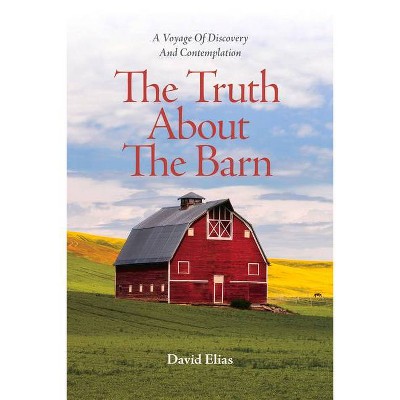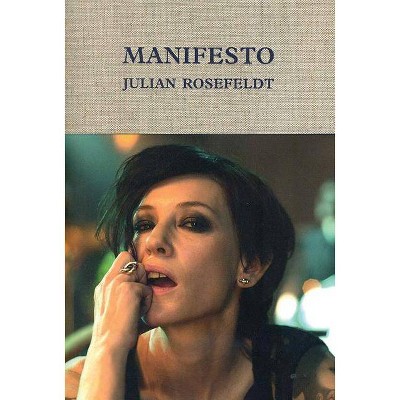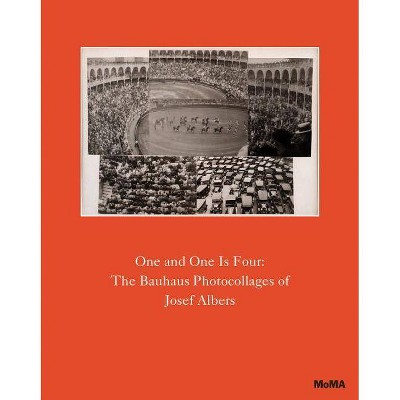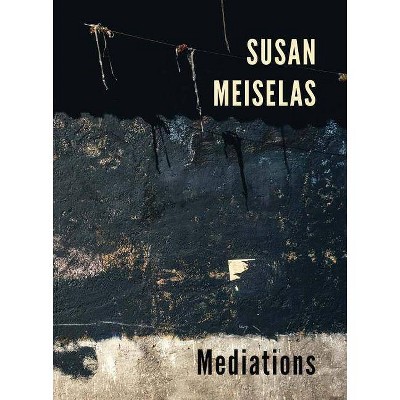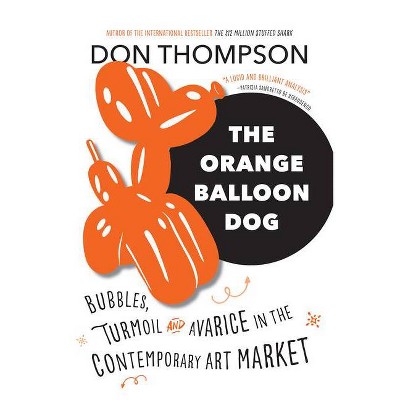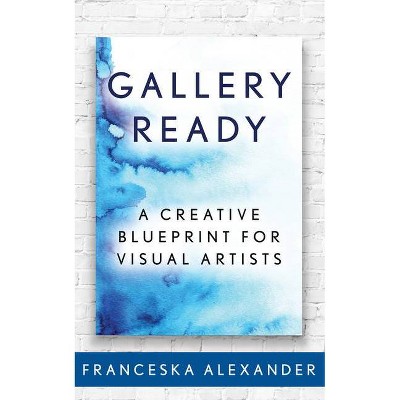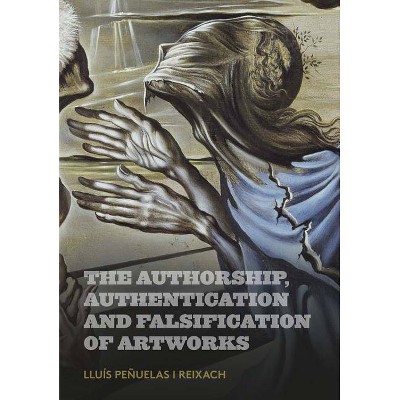Peace, Land, and Bread - by Center For Communist Studies (Paperback)
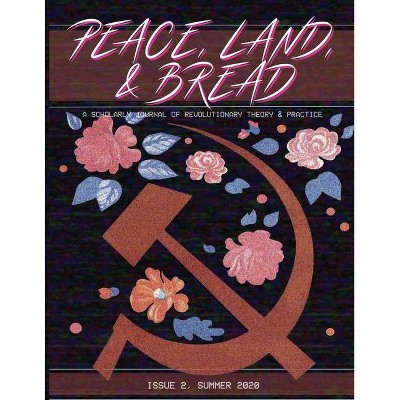
Similar Products
Products of same category from the store
AllProduct info
<p/><br></br><p><b> Book Synopsis </b></p></br></br><p><em>Peace! Land! Bread!</em></p><p><br></p><p>This was the unifying cry of the Russian revolutionaries that called for peace for the war weary, land for the landless, and bread for the hungry. It is hard to say if Vladimir Lenin could have predicted just how relevant those words would be some 103 years later. But, in 2020 we once again find ourselves in a position that was not unfamiliar to the Bolsheviks.</p><p><br></p><p>Peace is threatened by imperialist conflicts. Land is being bought, sold and exploited by capitalist industries which leave the land barren through unsustainable agricultural and mining practices. Food security is threatened by capitalist trade wars, overexploitation and climate change which drives wide-spread hunger and displacement affecting an estimated 810 million people. We also find ourselves governed by an incompetent political class, under the cloud of a global pandemic and experiencing the resurgence of Fascism. Everywhere you look, it seems, the early-20th century is repeating itself and the writings of Lenin and Marx seem more and more relevant.</p><p><br></p><p>Marxism is often turned to as the solution when capitalism becomes strained following events such as pandemics. In her book, Laura Spinney argued that it was hard to decouple the revolutionary wave that swept the globe and the effects of the devastating 1918 Spanish Flu. In 1920 Soviet Russia became the first to implement a fully centralised public healthcare system, resulting in the development of the first flu vaccine. In Ireland, the election of socialist Sinn Féin, the formation of the Limerick Soviet and the sitting of the first Dáil Éirean saw an end to colonial rule and greater rights for the ethnic Irish working class (discussed in David Swanson's article, page 123). More recently, nationalisation is used to prevent capitalist businesses such as Virgin Australia from collapsing. Perhaps most excitingly, we are seeing people reckon with deep-rooted racism, anti-semitism, and social injustice following the Black Lives Matter protests and the ongoing economic strain of COVID-19.</p><p><br></p><p>Many contemporary issues are examined through the Marxist-Leninist lens in the July issue of <em>Peace, Land and Bread</em>. The coronavirus pandemic, capitalism, and the potential for reform is thoughtfully discussed in Maya Bhardwaj's article (page 15). Decolonisation and imperialism also features prominently in this issue during Zhong Xiangyu's piece (page 36) and during the exciting interview with Pulitzer Prize winning author Viet Thanh Nguyen (page 81), in which Viet discusses the story behind his debut novel <em>The Sympathizer</em> with Quynh Vo. Rainer Shea discusses the troubling rise of fascism in his article on America's imperialistic economic system (page 29).</p><p><br></p><p>Although <em>Peace, Land and Bread</em> is a scholarly, peer-reviewed publication, it is our firm belief that revolutionary thinking throughout history has been expressed through art and literature. In our second issue, we continue our tradition of including artwork and poetry, addressing themes ranging from Black Lives Matter, religion, police brutality, revolution, American imperialism and LGBT+ rights.</p><p><br></p><p>The articles and art work presented in our July issue contribute to some of the biggest conversations happening on a global scale. Importantly, these articles shed light on how Marxism-Leninism is best suited to cope with the big issues facing us as a species. We hope these peer-reviewed, scholarly articles will aid our readers in understanding the world around them in the context of communism, and suggest new avenues of debate and thinking.</p>
Price History
Price Archive shows prices from various stores, lets you see history and find the cheapest. There is no actual sale on the website. For all support, inquiry and suggestion messagescommunication@pricearchive.us
